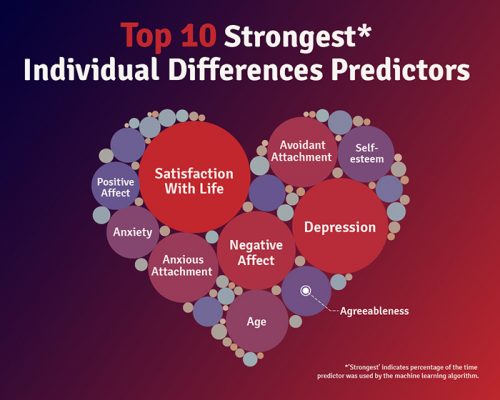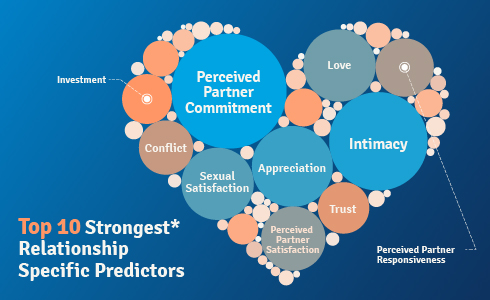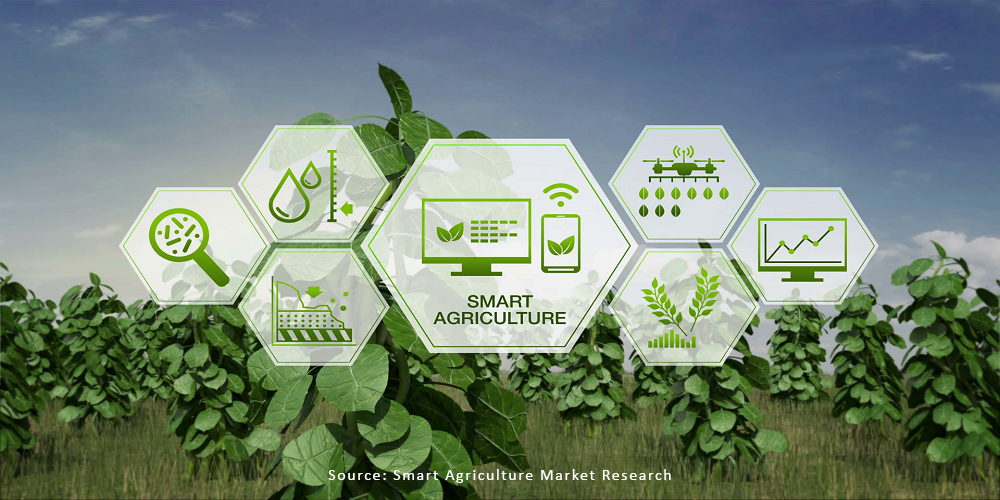The most reliable predictor of a relationship’s success is the partners’ belief that the other person is fully committed, a Western University-led international research team has found.
Other important factors in a successful relationship include feeling close to, appreciated by and sexually satisfied with your partner, says the study – the first-ever systematic attempt at using machine-learning algorithms to predict people’s relationship satisfaction.
“Satisfaction with romantic relationships has important implications for health, wellbeing and work productivity,” Western Psychology professor Samantha Joel said. ”But research on predictors of relationship quality is often limited in scope and scale, and carried out separately in individual laboratories.”
The massive machine-learning study, conducted by Joel, Paul Eastwick from the University of California, Davis, and 84 other scholars from around the world, delved into more than 11,000 couples and 43 distinct self-reported datasets on romantic couples.
This comprehensive study, published by Proceedings of the National Academy of Sciences, provides provisional answers to the perennial question: ‘What predicts how happy I will be with my relationship partner?’ Joel used machine learning – an application of artificial intelligence (AI), to comb through vast combinations of predictors – far more than a single researcher could hope to analyze in a lifetime. This is to find the most robust and reliable predictors of relationship satisfaction.
According to the study, relationship-specific predictors like ‘perceived partner commitment,’ ‘appreciation’ and ‘sexual satisfaction’ account for nearly half of variance in relationship quality.
Individual characteristics, which describe a partner rather than a relationship, explains 21 percent of the variance in relationship quality. The top five individual characteristics with the most reliable predictive power for relationship quality are ‘satisfaction with life,’ ‘negative affect,’ ‘depression,’ ‘avoidant attachment’ and ‘anxious attachment.’
“Relationships-specific variables were about two to three times as predictive as individual differences, which I think would fit many people’s intuitions,” Joel said. “But the surprising part is that once you have all the relationship-specific data in hand, the individual differences fade into the background.”

In modelling-simulation terms, the individual differences did not seem to regulate or moderate the relationship-specific variables.
“‘Who I am’ doesn’t really matter once I know ‘who I am when I am with you,’” Eastwick said.
Joel notes she was surprised the study showed that one partner’s individual differences predictors – like life satisfaction, depression or agreeableness – explained only 5 percent of the variance in the other partner’s relationship satisfaction.
“In other words, relationship satisfaction is not well-explained by your partner’s own self-reported characteristics,” Joel said.
However, that does not necessarily mean that a person’s choice of a romantic partner is unimportant.
“Partners may help to shape the relationship-specific processes—such as conflict, intimacy, and perceived partner commitment—that do seem to be so important for relationship maintenance,” Joel added.
This large-scale machine-learning approach provides a valuable model for further research in the field of relationship science. The current datasets were sampled from Canada, the United States, Israel, the Netherlands, Switzerland and New Zealand and the researchers would like to expand to South America, Asia and Africa for future studies.
Source: According to Western University News, Canada.


 Tiếng Việt
Tiếng Việt



